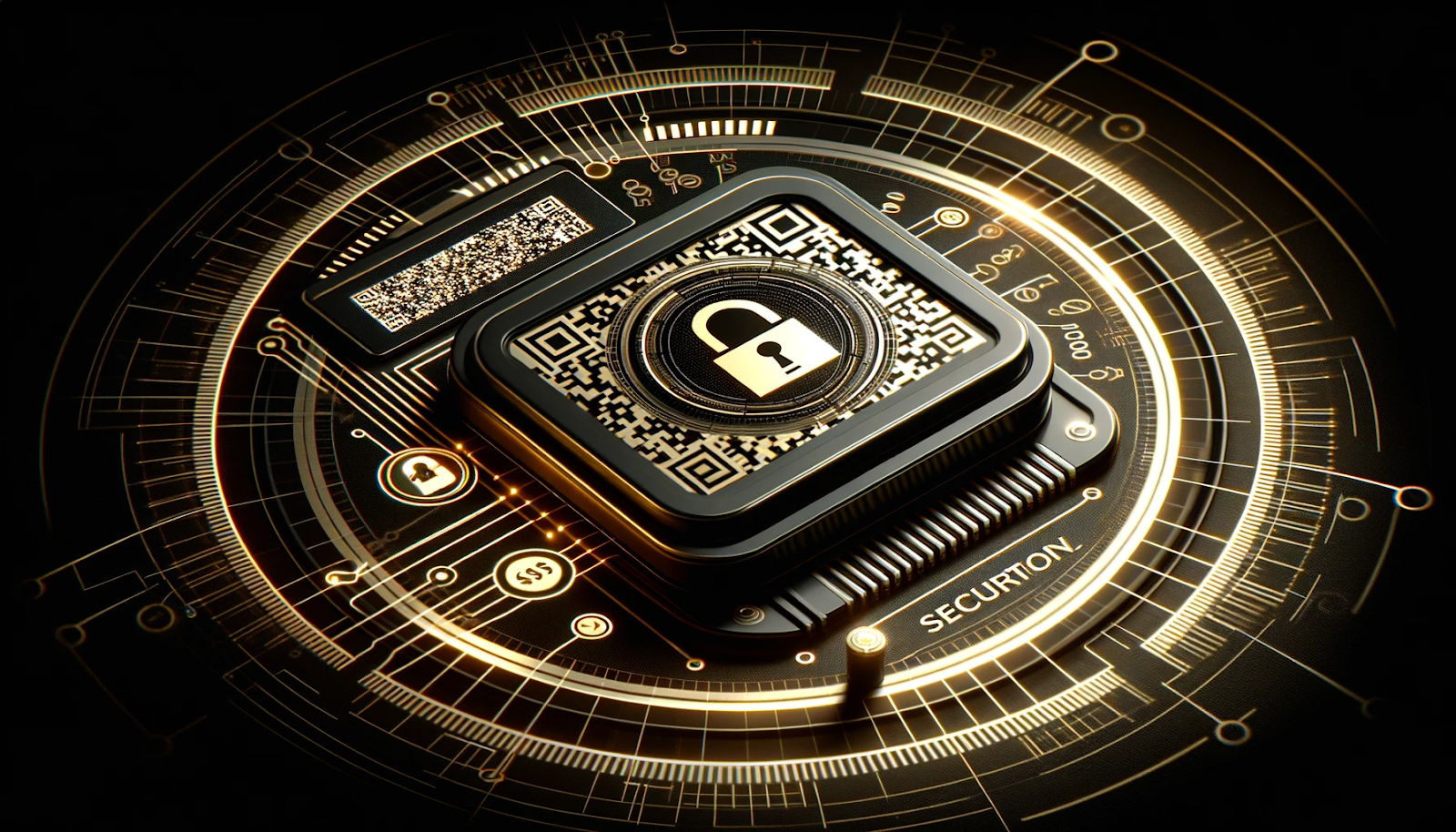Implementing secure digital ticketing solutions has become critical to managing attendee access and minimizing fraud. Whether you're a property manager, chief security officer, or security company hiring manager, embracing advanced ticketing technologies is essential. This guide explores effective strategies for digital ticketing and highlights key security measures for protecting your events and venues.
Benefits of Digital Ticketing
- Reduced Fraud: Secure digital ticketing significantly reduces counterfeiting risks through encryption and barcode scanning.
- Efficient Access Management: Streamlined access at entry points allows rapid attendee verification, minimizing queues and delays.
- Data Collection and Analytics: Enables real-time data collection for crowd management and tailored attendee experiences.
- Eco-Friendly Solution: Eliminates paper tickets and reduces waste, promoting sustainability.
In-Depth Look at Key Benefits
- Fraud Reduction: Traditional tickets are more susceptible to counterfeiting and duplication. With digital ticketing, robust encryption and barcode technology, including QR codes, make it almost impossible to fake or replicate tickets. Unique barcodes that change dynamically enhance security by preventing unauthorized use.
- Efficient Access Management: Digital ticketing speeds up the check-in process. As scanners can verify tickets swiftly, staff can efficiently handle large crowds. This is particularly beneficial during high-profile or large-scale events.
- Valuable Analytics: Digital ticketing platforms often come with integrated analytics tools that offer insights into customer demographics and behaviors. Based on this data, event organizers can tailor marketing efforts and event features, offering personalized experiences that cater to diverse audiences.
- Sustainability: Traditional paper tickets generate a significant amount of waste. Digital ticketing eliminates paper use, aligning events with eco-friendly practices that resonate well with environmentally conscious attendees.
Key Security Features to Implement
Encryption
- End-to-end encryption ensures that data remains protected from unauthorized access during transmission. Secure sockets layer (SSL) and transport layer security (TLS) protocols are crucial for encrypting sensitive information.
- Tokenization: Tokenization replaces sensitive information with a secure token, reducing the chances of personal data leaks.
Two-factor authentication (2FA)
- Multi-Step Verification: 2FA adds an extra layer of security. In addition to traditional passwords, it requires additional confirmation, such as OTPs (one-time passwords) or biometric authentication, to validate ticket purchases.
QR Codes and NFC Technology
- Dynamic QR Codes: Dynamic QR codes expire after a set period or become invalid after one scan, preventing unauthorized reuse or replication.
- Near-Field Communication (NFC): NFC technology enables encrypted, contactless ticket validation through data transfer. It’s secure, and most modern smartphones come with NFC capabilities, enhancing convenience.
Real-Time Monitoring
- Access Control Systems: Advanced access control systems monitor entry points and restrict unauthorized access, ensuring only legitimate ticket holders enter the venue.
- AI-Powered Analytics: Artificial intelligence can detect suspicious behavior patterns at checkpoints and within the venue, alerting security personnel to potential security breaches.
Managing Attendee Access Effectively
- Centralized Ticket Management Platform: Integrating ticketing, access, and reporting tools into one system simplifies administration and allows security teams to view and manage data from multiple venues or events.
- Pre-Event Registration and Screening: Verifying attendee identities before arrival speeds up the entrance process and ensures that individuals are screened before gaining access.
- Staff Training and Protocols: Properly trained staff can quickly identify and verify digital tickets, reducing entry delays. Staff should also understand protocols for identifying fraudulent activity and maintaining consistent ticket validation standards.
- Automated Alerts: Automated alerts can notify security teams when unusual activity is detected, prompting immediate investigation and ensuring suspicious individuals are intercepted quickly.
FAQs
Q: How do digital tickets reduce fraud?
A: Encryption, dynamic QR codes, and 2FA make replicating or fake digital tickets challenging.
Q: What is the role of NFC technology in ticketing?
A: NFC provides quick and secure validation by transmitting encrypted data via contactless scanning.
Q: Can digital ticketing systems accommodate multiple events?
A: Centralized platforms can manage ticketing across multiple venues, reducing administration time and costs.
Q: What measures can be taken to prevent data breaches in digital ticketing?
A: Use end-to-end encryption, regularly update software, and employ access control protocols like 2FA.
Let me know if you need further adjustments or additions to this blog post.
.png)
.png)
.png)

.png)
.png)

.png)
.png)
.png)
.png)
